What is a VPN and Why Do You Need One?
In today's digital age, where our lives are increasingly intertwined with the internet, the importance of online privacy and security cannot be overstated. This is where a Virtual Private Network (VPN) comes into play. But what exactly is a VPN, and why should you consider using one? A VPN is a tool that creates a secure connection between your device and the internet, acting as a protective shield for your online activities. Imagine it as a tunnel that not only hides your identity but also encrypts your data, making it nearly impossible for anyone to snoop on what you're doing online.
As you navigate through the vast digital landscape, you might find yourself asking, “Why do I need a VPN?” Well, there are several compelling reasons. First and foremost, a VPN enhances your online security. It encrypts your internet connection, ensuring that your sensitive information—like passwords, credit card numbers, and personal messages—remains confidential, especially when you're connected to public Wi-Fi networks, which are notoriously insecure.
Moreover, a VPN allows you to bypass geo-restrictions. Have you ever tried to access your favorite show or website only to be greeted with a message saying it's not available in your region? Frustrating, right? With a VPN, you can change your virtual location, making it appear as if you're browsing from a different country, thus granting you access to a broader range of content.
In addition to these benefits, using a VPN provides a layer of anonymity. It masks your IP address, making it difficult for websites and advertisers to track your online behavior. This is particularly important in a world where data privacy is becoming increasingly compromised. So, whether you're a casual surfer, a frequent traveler, or someone who values their online privacy, a VPN can be a game-changer.
In summary, a VPN is not just a luxury; it's becoming a necessity in our digitally connected lives. With the increasing threats to our online safety and the constant battle for privacy, investing in a reliable VPN can provide peace of mind and a safer internet experience. As we delve deeper into this article, we will explore the technology behind VPNs, their benefits, and how to choose the right one for your needs.
VPN technology creates a secure connection between your device and the internet, masking your IP address and encrypting your data to enhance online privacy.
Using a VPN can provide numerous advantages, including enhanced security, bypassing geo-restrictions, and protecting your data from hackers and surveillance.
VPNs encrypt your internet connection, making it difficult for cybercriminals to access your sensitive information, especially when using public Wi-Fi networks.
By using a VPN, you can safeguard your personal data from potential threats, particularly in unsecured environments like cafes or airports.
Data encryption is a crucial feature of VPNs, ensuring that your online activities remain private and secure from prying eyes.
VPNs allow users to access content that may be restricted in their region, enabling a broader range of entertainment and information.
Selecting the right VPN provider is essential for optimal performance, security, and user experience, as not all services offer the same features.
When choosing a VPN, consider factors such as speed, server locations, privacy policies, and customer support to ensure it meets your needs.
Researching and comparing top VPN providers can help you find the best option for your specific requirements, whether for streaming, security, or general browsing.
Here are some common questions people have about VPNs:
- What is a VPN? A VPN is a service that creates a secure connection over the internet, protecting your data and privacy.
- Do I need a VPN? If you value your online privacy, frequently use public Wi-Fi, or want to access geo-restricted content, a VPN is highly recommended.
- Are all VPNs the same? No, VPNs vary in terms of speed, security features, server locations, and customer support. It's essential to choose one that fits your needs.
- Can a VPN slow down my internet? Some VPNs may slow down your connection, but many reputable providers offer high-speed servers that minimize this issue.
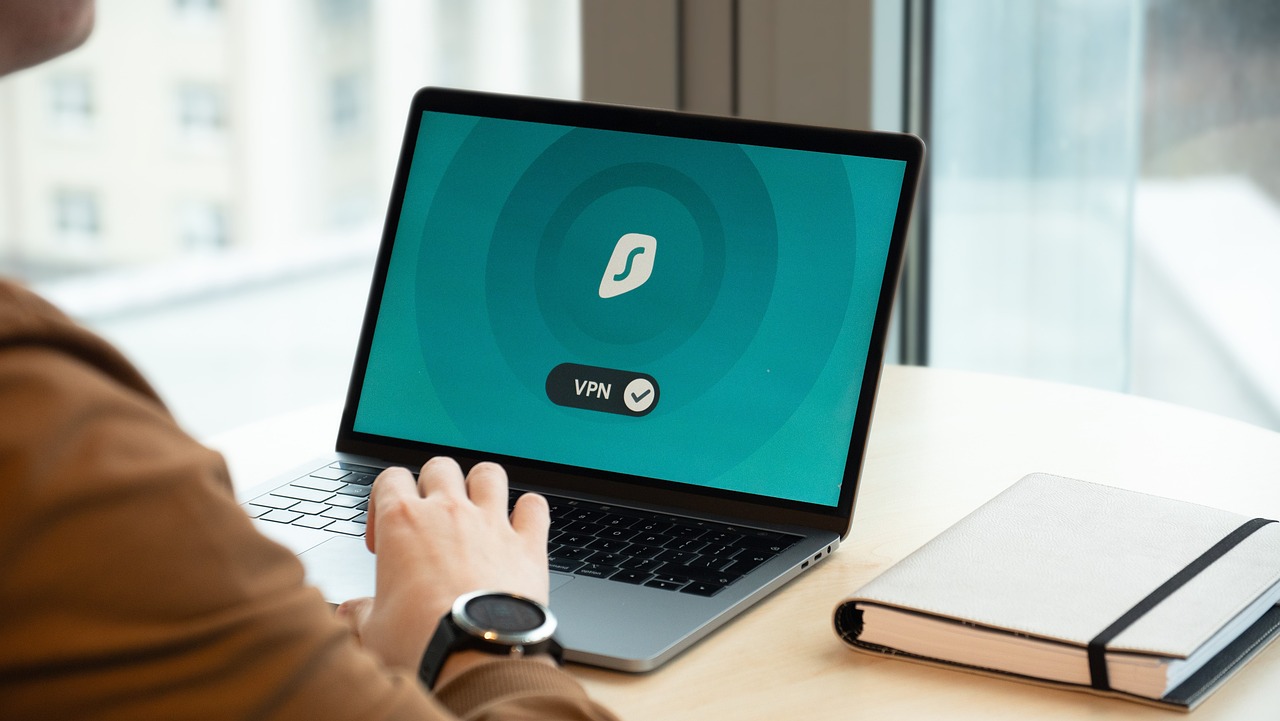
Understanding VPN Technology
Have you ever wondered how your online activities can be shielded from prying eyes? That's where Virtual Private Networks (VPNs) come into play. At its core, a VPN creates a secure tunnel between your device and the internet, allowing you to browse with a layer of privacy that is increasingly essential in today's digital world. Imagine walking through a crowded market with a cloak that makes you invisible to everyone around you; that's essentially what a VPN does for your online presence.
When you connect to a VPN, it masks your IP address—the unique identifier that can reveal your location and browsing habits. Instead of your actual IP address, the websites you visit will see the IP address of the VPN server. This not only enhances your privacy but also makes it difficult for advertisers and other entities to track your online activities. It's like sending your messages through a secret courier instead of using the postal service, ensuring that only the intended recipient can read them.
But how does this magic happen? Well, the secret lies in encryption. When you use a VPN, your data is encrypted, meaning it is transformed into a code that can only be deciphered by someone with the right key. This encryption process is crucial, especially when you are connected to public Wi-Fi networks, like those in coffee shops or airports, where hackers often lurk. Think of encryption as a lock on your diary; even if someone gets their hands on it, they won't be able to read your private thoughts without the key.
VPN technology operates using various protocols, each providing different levels of security and speed. Some of the most common protocols include:
- OpenVPN: Known for its balance between speed and security, making it a popular choice.
- L2TP/IPsec: Offers a high level of security but can be slower due to double encapsulation.
- PPTP: One of the oldest protocols, it is fast but less secure compared to newer options.
These protocols determine how your data is transmitted and encrypted, affecting both your browsing speed and the level of security you receive. It's essential to choose a VPN that uses strong encryption methods to ensure your data remains safe from cyber threats.
In summary, understanding VPN technology is about grasping how it creates a secure connection, masks your identity, and encrypts your data. As our online lives become more intertwined with our daily routines, using a VPN isn't just a luxury; it's becoming a necessity. Whether you're streaming your favorite show, shopping online, or just browsing social media, a VPN can provide peace of mind, allowing you to navigate the digital landscape safely.
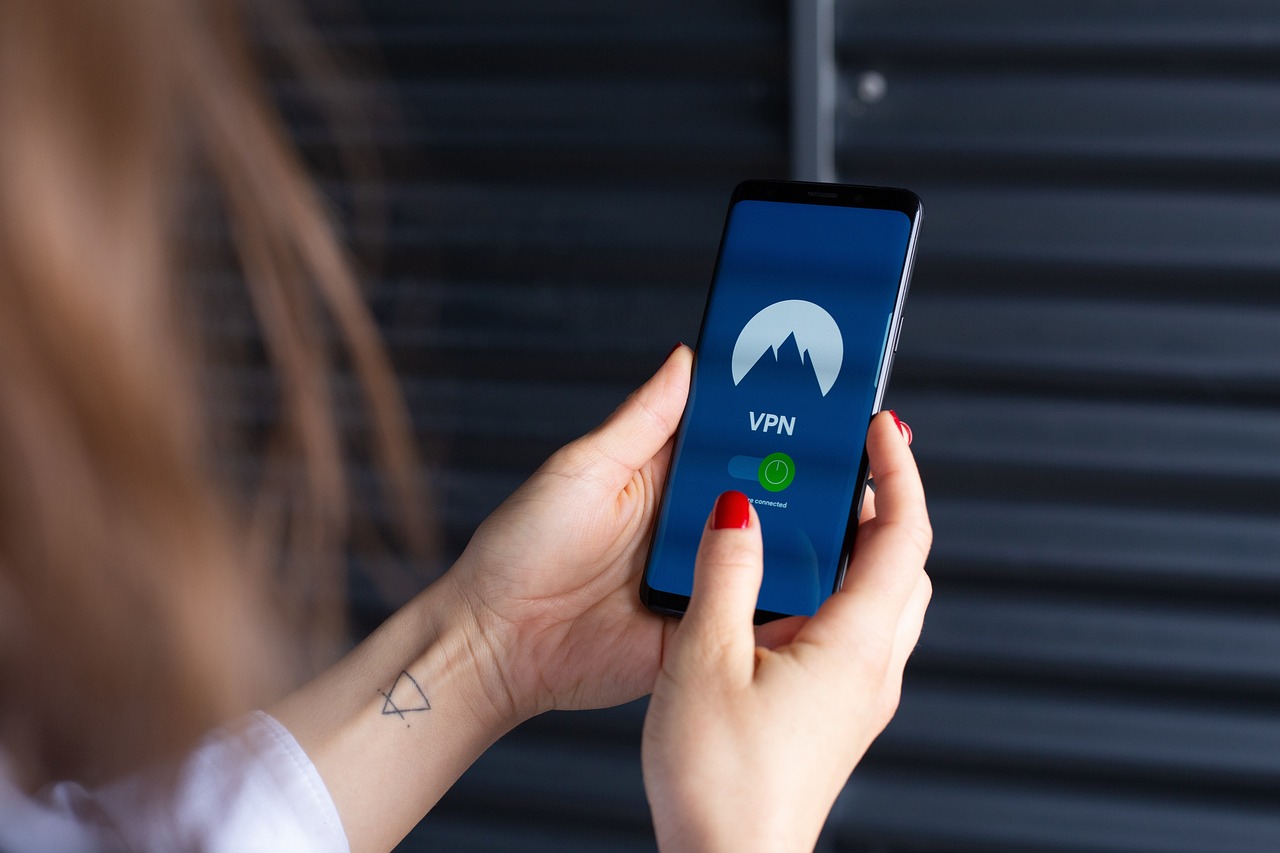
Benefits of Using a VPN
When you think about the digital world we live in today, it’s almost like navigating a vast ocean filled with both treasures and hidden dangers. Just like a sturdy ship protects you from the rough waters, a Virtual Private Network (VPN) serves as your shield against the lurking threats of the internet. So, what are the real benefits of using a VPN? Let’s dive into the depths of this technology and uncover its advantages.
First and foremost, one of the most significant benefits of using a VPN is enhanced security. Imagine you’re at a coffee shop, sipping your favorite latte while working on your laptop. You connect to the public Wi-Fi, blissfully unaware that cybercriminals are lurking nearby, ready to pounce on your unprotected data. A VPN encrypts your internet connection, creating a secure tunnel that makes it nearly impossible for hackers to intercept your sensitive information. This means that your passwords, credit card numbers, and personal messages remain safe from prying eyes.
Moreover, VPNs provide a robust layer of protection against hackers. In today’s world, where data breaches are becoming alarmingly common, safeguarding your personal data is more critical than ever. By using a VPN, you can shield yourself from potential threats, especially in unsecured environments like cafes, airports, or hotels. It’s like having a security guard watching over your digital life, ensuring that no one can sneak a peek at your confidential information.
Another compelling reason to use a VPN is the ability to bypass geo-restrictions. Have you ever tried to watch a movie or access a website, only to be met with a message saying it’s not available in your region? Frustrating, right? With a VPN, you can easily change your virtual location, allowing you to access content that may be restricted in your area. Whether it’s streaming your favorite shows on Netflix or accessing news websites that are blocked, a VPN opens up a world of possibilities.
Now, let’s talk about data encryption. This is a crucial feature of VPNs that ensures your online activities remain private and secure from prying eyes. When you use a VPN, your data is encrypted, meaning it’s scrambled and unreadable to anyone who might try to intercept it. Think of it as sending a secret message in a code that only you and the intended recipient can understand. This encryption not only protects your data from hackers but also keeps your browsing habits private from your Internet Service Provider (ISP) and other third parties.
In addition to these benefits, VPNs can also help you maintain your online anonymity. When you connect to the internet through a VPN, your real IP address is hidden, making it difficult for websites and advertisers to track your online behavior. This level of privacy is becoming increasingly important in a world where data is often collected and sold without our consent.
Lastly, using a VPN can improve your overall internet experience. By connecting to a server closer to your desired content, you can often enjoy faster speeds and reduced buffering times. It’s like having a fast lane on the digital highway, allowing you to zip through the traffic and reach your destination without delays.
In summary, the benefits of using a VPN are numerous and varied. From enhanced security and protection against hackers to bypassing geo-restrictions and ensuring your data remains private, a VPN is a powerful tool for anyone looking to navigate the online world safely. So, if you haven’t considered using a VPN yet, now might be the perfect time to start!
- What is a VPN? A VPN is a service that creates a secure connection over the internet, encrypting your data and masking your IP address.
- Can I use a VPN on multiple devices? Yes, most VPN providers allow you to use their service on multiple devices, including smartphones, tablets, and computers.
- Is using a VPN legal? Yes, using a VPN is legal in most countries, but it’s essential to check the laws in your specific location.
- Will a VPN slow down my internet speed? While some VPNs may cause a slight decrease in speed due to encryption, many high-quality VPN services offer fast connections.
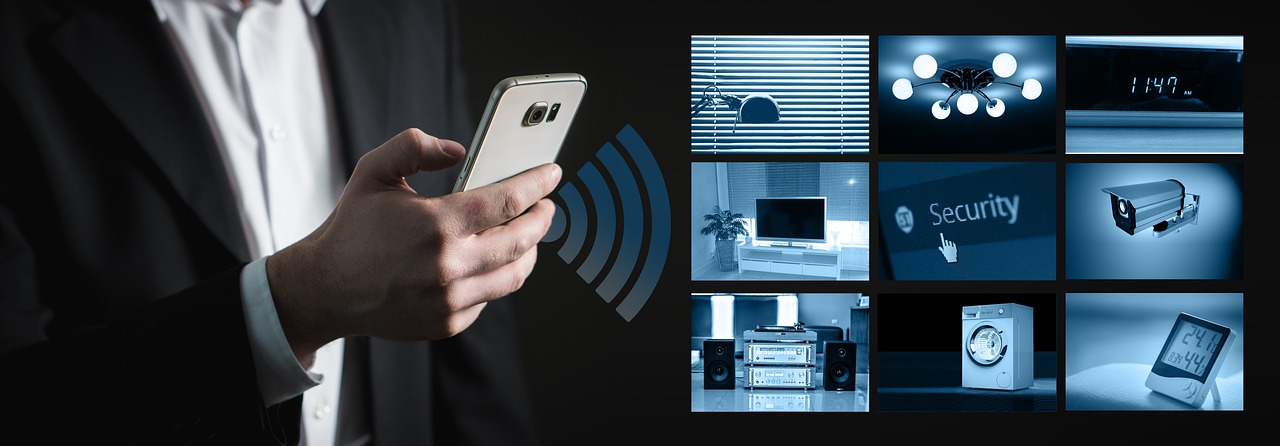
Enhanced Online Security
In today's digital age, where everything from online banking to social networking is just a click away, the need for has never been more critical. Imagine strolling through a bustling café, sipping your coffee, and casually browsing the internet. Sounds relaxing, right? But what if I told you that your personal information could be at risk? This is where a VPN steps in, acting as your digital bodyguard, ensuring that your online presence remains secure and private.
VPNs, or Virtual Private Networks, work by encrypting your internet connection. This means that all the data you send and receive is scrambled, making it nearly impossible for anyone—be it hackers, government agencies, or nosy neighbors—to intercept your information. Think of it as sending a secret message that only the intended recipient can read. When you connect to a VPN, your real IP address is replaced with one from the VPN server, further masking your identity and location online.
One of the most significant threats to your online security comes from public Wi-Fi networks. While they offer convenience, they are often unsecured and can be a playground for cybercriminals. Without a VPN, using public Wi-Fi is akin to sending a postcard with all your personal information written on it—anyone can read it. However, with a VPN, your data is encrypted, making it virtually unreadable to anyone trying to snoop on your activities. This is especially crucial in places like cafes, airports, or hotels, where many people connect to the same network.
Moreover, a VPN can protect you from various types of cyber threats, such as man-in-the-middle attacks. In this scenario, a hacker intercepts the communication between you and your online destination, potentially stealing sensitive information like passwords or credit card numbers. A VPN creates a secure tunnel for your data, significantly reducing the risk of such attacks. This level of security is essential for anyone who values their privacy and wants to keep their online activities safe from prying eyes.
To illustrate the importance of VPNs in enhancing online security, consider the following table that compares the risks of using the internet with and without a VPN:
| Aspect | Without VPN | With VPN |
|---|---|---|
| Data Encryption | No Encryption | Strong Encryption |
| IP Address Exposure | Visible | Masked |
| Risk of Hacking | High | Low |
| Access to Restricted Content | No Access | Full Access |
In conclusion, if you want to navigate the digital world securely, using a VPN is not just an option; it's a necessity. It’s like locking your front door before you leave the house—an essential step to protect what’s yours. So, next time you connect to the internet, remember that with a VPN, you’re not just browsing; you’re browsing safely.
- What is a VPN? A VPN, or Virtual Private Network, is a service that encrypts your internet connection and masks your IP address to enhance online security and privacy.
- How does a VPN work? A VPN creates a secure tunnel between your device and the internet, encrypting your data and hiding your IP address.
- Is it safe to use public Wi-Fi without a VPN? No, using public Wi-Fi without a VPN can expose your data to hackers and cybercriminals.
- Can a VPN help me access restricted content? Yes, a VPN allows you to bypass geo-restrictions and access content that may be blocked in your region.
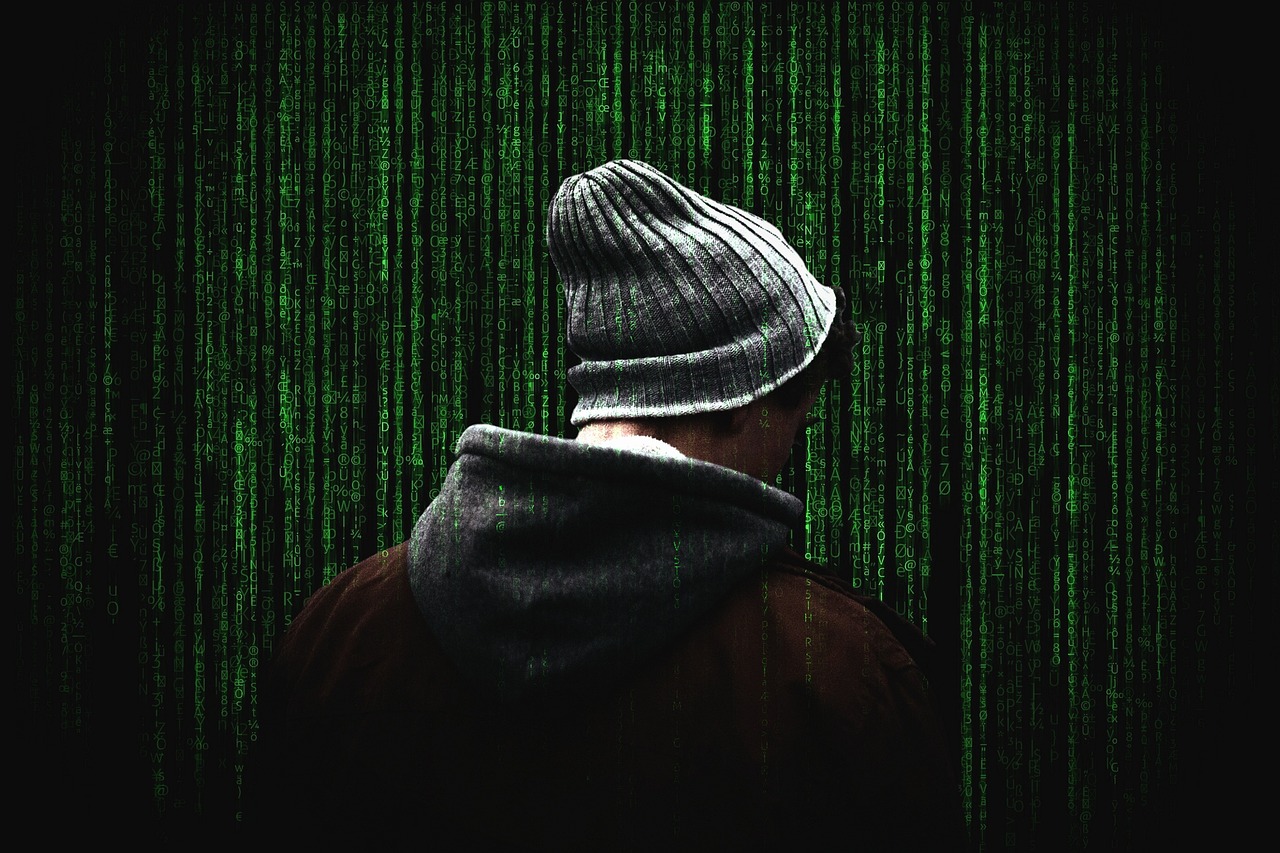
Protection Against Hackers
In today's digital age, the threat of cyberattacks looms larger than ever. **Hackers** are constantly on the lookout for vulnerable targets, and if you're using an unsecured internet connection, you might as well be waving a flag that says, "Come and get my data!" This is where a VPN (Virtual Private Network) steps in like a superhero, swooping down to save the day. By encrypting your internet connection, a VPN creates a secure tunnel between your device and the internet, making it nearly impossible for hackers to intercept your data.
Imagine you’re sitting in a crowded café, sipping your favorite latte while checking your bank account on public Wi-Fi. Sounds innocent enough, right? But that same Wi-Fi connection is like an open book to cybercriminals who are lurking around, ready to pounce on any unprotected data. With a VPN, your sensitive information—like passwords and bank details—gets scrambled into an unreadable format, ensuring that even if someone tries to eavesdrop, they’ll just see a bunch of gibberish.
Moreover, the level of encryption provided by various VPNs can vary significantly. Most reputable VPN services use **strong encryption protocols** such as AES-256, which is considered military-grade security. This means that even if hackers manage to capture your data, they would need an astronomical amount of computing power and time to decrypt it. In essence, using a VPN is like putting your important documents in a safe instead of leaving them out on the table for anyone to grab.
In addition to encryption, a VPN also masks your IP address. Think of your IP address as your digital home address. When you connect to the internet without a VPN, it’s like putting a big neon sign outside your house that says, “Here I am!” But with a VPN, that sign is hidden, making it much harder for hackers to target you specifically. They might still be out there, but they won’t know where to find you.
Lastly, using a VPN provides an additional layer of protection against various forms of malware and phishing attacks. Many VPN providers include built-in security features that can block malicious websites and detect harmful content before it reaches your device. This means that while you’re browsing the internet, you can feel a little more at ease knowing that your VPN is working hard to keep you safe from potential threats.
In summary, using a VPN is an effective way to enhance your online security and protect yourself against hackers. By encrypting your data, masking your IP address, and providing additional security features, a VPN ensures that your online activities remain private and secure. So, the next time you log onto public Wi-Fi, remember that a VPN is your best friend, keeping your information safe from prying eyes.
- What is a VPN? A VPN, or Virtual Private Network, is a service that encrypts your internet connection and masks your IP address to enhance your online security and privacy.
- How does a VPN protect me from hackers? A VPN encrypts your data, making it unreadable to hackers, and it masks your IP address, making it harder for them to target you directly.
- Can I use a VPN on public Wi-Fi? Yes! In fact, using a VPN on public Wi-Fi is highly recommended to protect your sensitive information from potential threats.
- Are all VPNs equally secure? No, not all VPNs offer the same level of security. It’s important to choose a reputable provider that uses strong encryption protocols.
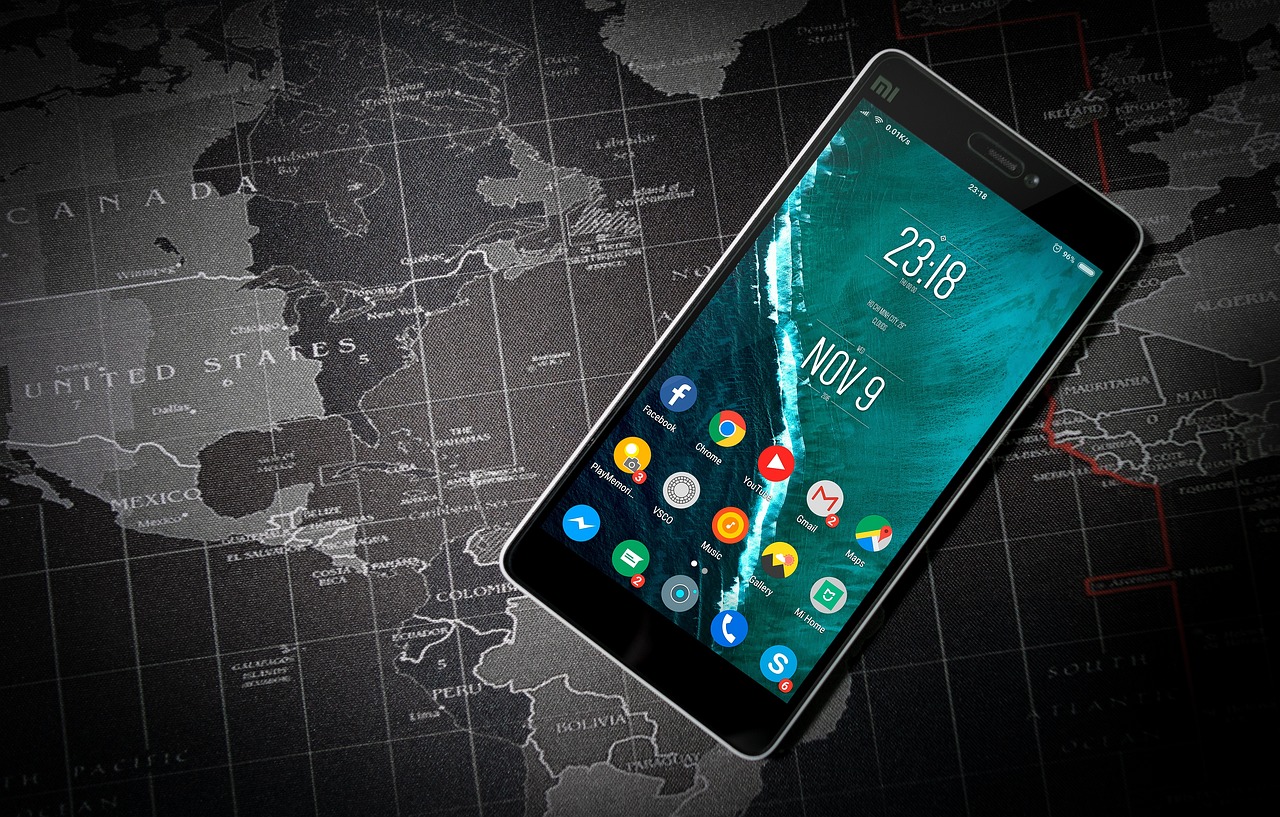
Data Encryption Explained
Data encryption is a fundamental aspect of how Virtual Private Networks (VPNs) operate, and it plays a crucial role in safeguarding your online activities. Imagine sending a postcard through the mail; anyone who handles it can read the message. Now, think of encryption as putting that postcard in a sealed envelope. Only the intended recipient has the key to open it and read its contents. This analogy perfectly illustrates how encryption works to protect your data from prying eyes.
When you connect to a VPN, your internet traffic is routed through a secure tunnel, which is created using encryption protocols. These protocols act like a digital lock and key system, ensuring that even if someone intercepts your data, they won’t be able to decipher it. The most commonly used encryption protocols in VPNs include:
- OpenVPN: Highly secure and flexible, it’s the go-to choice for many VPN providers.
- IPSec/IKEv2: Great for mobile devices, providing a good balance of speed and security.
- L2TP/IPSec: Offers decent security but can be slower due to double encapsulation.
- PPTP: An older protocol that is fast but less secure than its counterparts.
Each of these protocols uses different methods to encrypt your data, making it unreadable to anyone who might intercept it. The strength of the encryption is typically measured in bits, with higher numbers indicating stronger security. For instance, a 256-bit encryption is often considered military-grade security, making it nearly impossible for hackers to crack.
The importance of data encryption cannot be overstated, especially in today’s digital landscape, where cyber threats are prevalent. Whether you're browsing the web, shopping online, or accessing sensitive information, encryption ensures that your data remains confidential and secure. Without it, your personal information could be exposed to malicious actors who are always on the lookout for vulnerable targets.
In addition to protecting your data from hackers, encryption also helps maintain your privacy. Many websites and online services track user activity, collecting data to create profiles for targeted advertising. By using a VPN with strong encryption, you can obscure your online footprint, making it harder for companies to monitor your behavior and gather information about you.
In conclusion, understanding data encryption is essential for anyone looking to enhance their online security. It acts as a shield, protecting your sensitive information from unauthorized access and ensuring that your online activities remain private. So, the next time you connect to a VPN, remember that you’re not just securing your connection; you’re also locking up your data in a fortress of encryption.
- What is a VPN? A VPN, or Virtual Private Network, creates a secure connection over the internet, protecting your data and privacy.
- How does encryption work? Encryption transforms your data into a coded format that can only be read by someone with the correct decryption key.
- Is using a VPN legal? Yes, using a VPN is legal in most countries, but it’s crucial to check local laws.
- Can a VPN protect me from all online threats? While a VPN enhances security, it’s still important to use antivirus software and practice safe browsing habits.
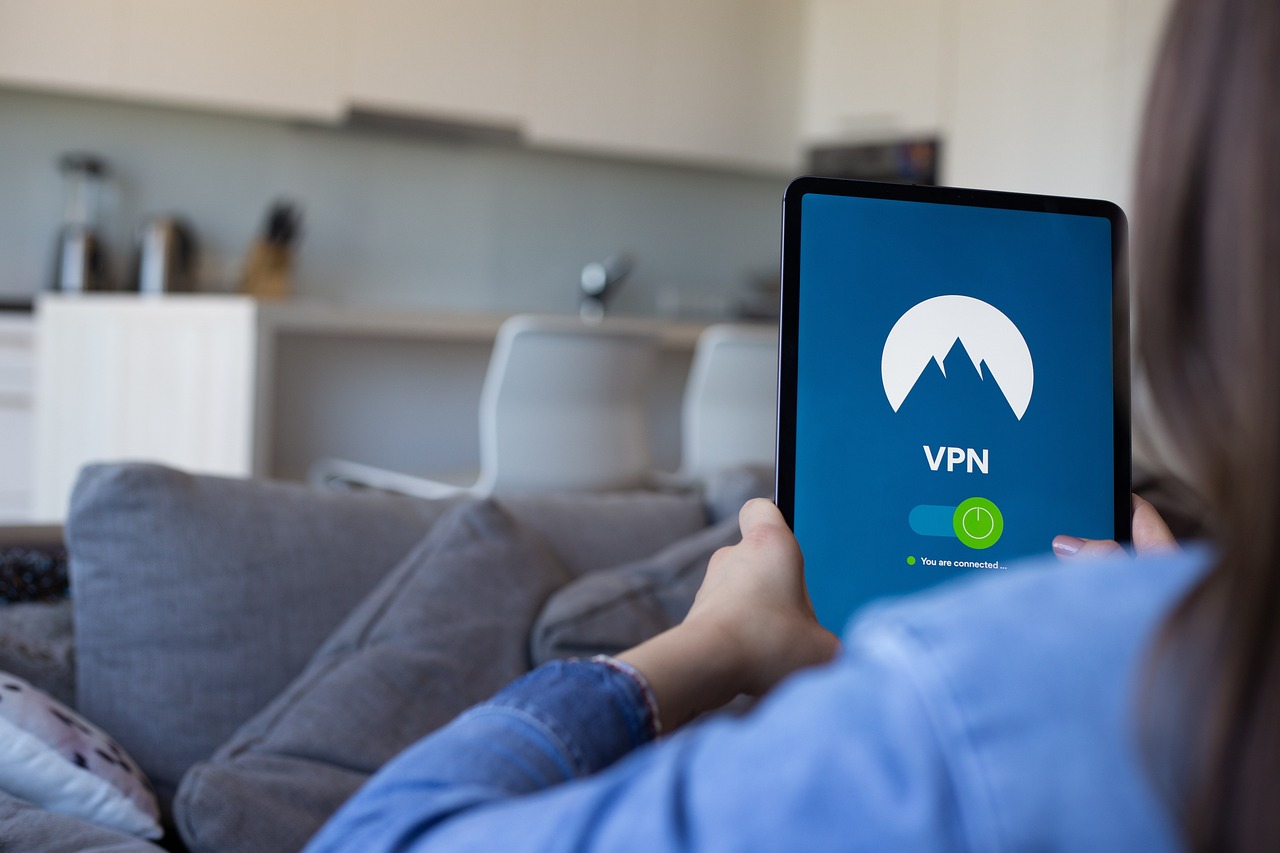
Bypassing Geo-Restrictions
Have you ever tried to watch your favorite show, only to find out it’s not available in your region? It’s like being a kid in a candy store with a locked door! Geo-restrictions can be incredibly frustrating, especially in our globalized world where we crave access to diverse content. This is where a VPN shines like a superhero in a cape, swooping in to save the day.
When you connect to a VPN, it masks your real IP address and assigns you a new one from a different location. This clever trick makes it appear as if you are browsing from that location, effectively bypassing any restrictions that may be in place. Imagine you’re sitting in a cozy café in Paris, but you want to stream a series that’s only available in the U.S. With a VPN, you can simply select a U.S. server, and voilà! You’re virtually in the States, ready to binge-watch to your heart’s content.
But it’s not just about streaming services; VPNs can help you access a wide array of content, including:
- Social media platforms that may be restricted in certain countries
- News websites that are blocked due to regional censorship
- Online gaming servers that offer different experiences based on your location
Moreover, VPNs are not just a one-trick pony. They also provide enhanced security while you’re accessing these services. By encrypting your connection, they help protect your data from prying eyes, ensuring that your online activities remain private. This dual functionality makes VPNs an indispensable tool for anyone looking to explore the vast digital landscape without limitations.
In summary, if you’re tired of hitting a wall when trying to access content due to geo-restrictions, a VPN is your ticket to a world of unlimited possibilities. It’s like having a master key that unlocks doors to a treasure trove of information and entertainment, all while keeping your online presence secure. So, why not take the plunge and explore what the internet has to offer beyond your borders?
Q1: Can I use a VPN for streaming services?
A1: Absolutely! A VPN is a popular choice for streaming services as it allows you to access content that might be restricted in your region.
Q2: Are there any risks associated with using a VPN?
A2: While VPNs enhance your online security, it's essential to choose a reputable provider. Some free VPNs may log your data or compromise your privacy.
Q3: Will a VPN slow down my internet speed?
A3: It can, but many premium VPNs offer high-speed connections that minimize any slowdown. Always check reviews to find a fast VPN.
Q4: Is using a VPN legal?
A4: Yes, using a VPN is legal in most countries. However, some countries have restrictions, so it’s best to check local laws.
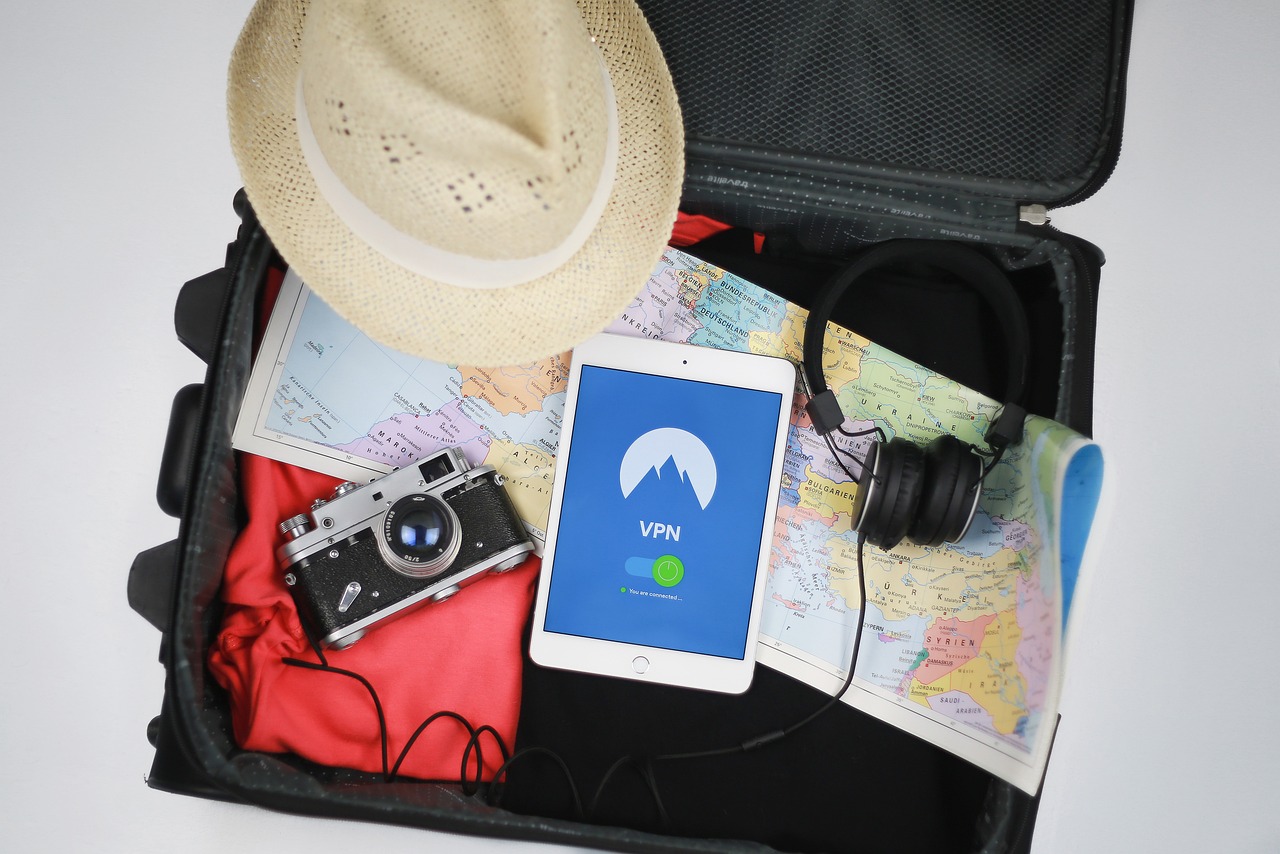
Choosing the Right VPN
When it comes to selecting the right VPN, it can feel a bit like searching for a needle in a haystack. With so many options available, each boasting various features, how do you know which one is the perfect fit for your needs? The truth is, choosing a VPN is not just about picking the first name that pops up in your search results. It’s about understanding your specific requirements and what each provider offers. Just like a tailored suit, a good VPN should fit you perfectly.
First and foremost, you need to consider the speed of the VPN service. Imagine trying to stream your favorite show or download a large file, only to be met with buffering and slow connections. Nobody wants that! Look for VPNs that have a reputation for maintaining high speeds, especially during peak usage times. You can often find speed test results on tech review sites that can help guide your decision.
Another critical factor is the server locations. A VPN with a wide range of servers across multiple countries can significantly enhance your browsing experience. This is particularly important if you want to access geo-restricted content. For instance, if you’re traveling abroad and want to watch your home country's shows, having a VPN that offers servers in your home country is essential. The more server options you have, the better your chances of finding a fast and reliable connection.
Next up is the privacy policy. This is where you want to do some serious digging. Not all VPNs are created equal when it comes to user privacy. Some keep logs of your online activities, while others have a strict no-logs policy. It’s vital to read the fine print and understand how your data will be handled. A VPN that prioritizes your privacy will give you peace of mind, knowing that your online activities are kept confidential.
Don’t underestimate the value of customer support. When you encounter issues or have questions, you want to be able to reach out to someone who can help you promptly. Look for VPN providers that offer 24/7 customer support via live chat, email, or phone. This can make a world of difference, especially if you’re not tech-savvy or if you run into trouble while trying to connect.
To summarize, here are some key factors to consider when choosing the right VPN:
- Speed: Ensure the VPN does not slow down your connection.
- Server Locations: A variety of server locations can enhance access to content.
- Privacy Policy: Look for a no-logs policy to protect your online activities.
- Customer Support: Reliable support can save you time and frustration.
Finally, it’s always a good idea to take advantage of free trials or money-back guarantees that many VPN services offer. This allows you to test the waters without any financial commitment. Remember, a good VPN should not only meet your current needs but also be adaptable to any future requirements you might have. Don’t rush the decision; take your time to research and find the VPN that feels just right for you.
Q1: Do I really need a VPN?
A1: If you value your online privacy, want to secure your internet connection, or access geo-restricted content, then yes, a VPN is a great tool to have.
Q2: Can I use a free VPN?
A2: While there are free VPN options available, they often come with limitations such as slower speeds, fewer server options, and questionable privacy policies. It’s generally recommended to opt for a reputable paid VPN.
Q3: Will a VPN slow down my internet speed?
A3: Some VPNs may slow down your connection due to encryption processes, but many high-quality VPNs are designed to minimize this impact, providing fast and reliable speeds.
Q4: Is it legal to use a VPN?
A4: In most countries, using a VPN is perfectly legal. However, it’s important to check the laws in your specific location, as some countries have restrictions on VPN usage.
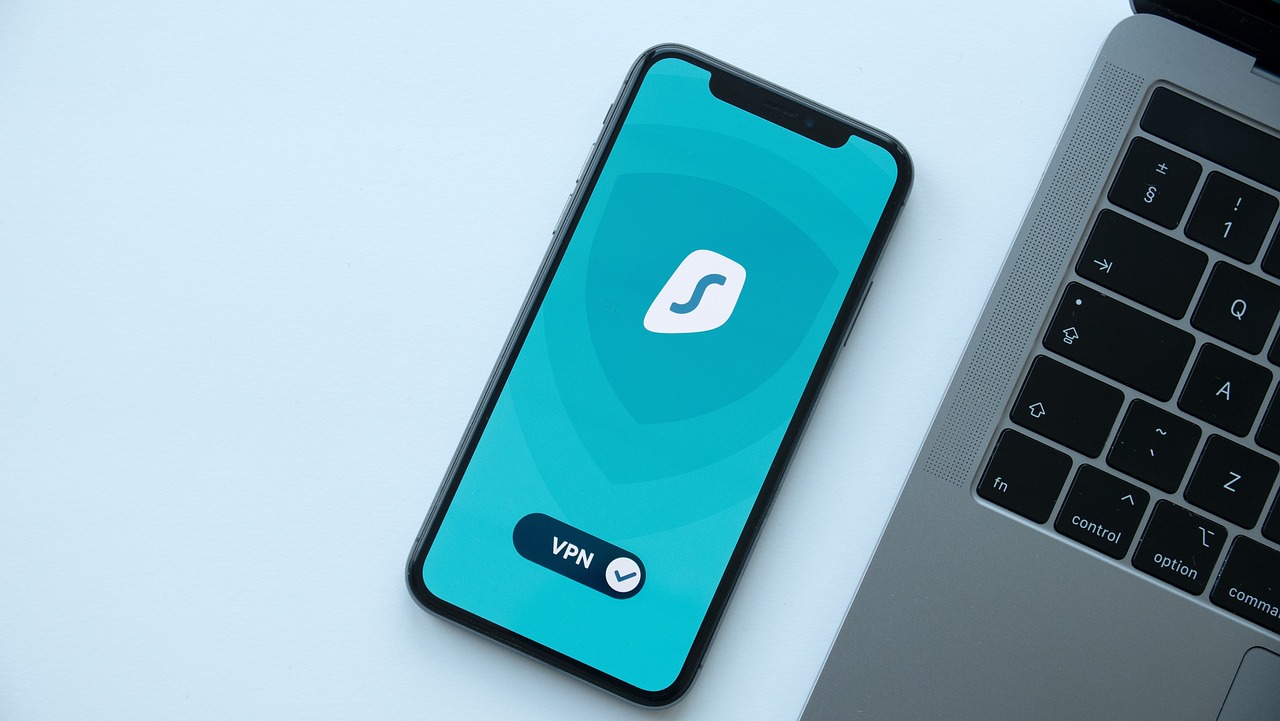
Factors to Consider
When it comes to selecting the right VPN, it's essential to consider several critical factors that can significantly impact your online experience. Not all VPNs are created equal, and your choice can determine how well your privacy is protected and how smoothly you can access content. First and foremost, speed is a vital consideration. A VPN that slows down your internet connection can be frustrating, especially if you're streaming videos or engaging in online gaming. Look for a provider that offers high-speed connections to ensure a seamless experience.
Another important factor is the server locations. The more servers a VPN has and the more diverse their locations, the better your chances of accessing geo-restricted content. Imagine wanting to binge-watch your favorite show on a streaming service that’s only available in a specific country. A VPN with servers in that country can help you get around those pesky restrictions. Additionally, consider the privacy policies of the VPN provider. Some services keep logs of your online activities, which can defeat the purpose of using a VPN in the first place. Always choose a provider that has a strict no-logs policy to ensure your browsing history remains private.
Customer support is another factor that should not be overlooked. A reliable VPN provider should offer 24/7 support to assist you with any issues that might arise. Whether it’s installation problems or connectivity issues, having access to knowledgeable support can save you time and frustration. Furthermore, take a look at the pricing plans offered by different VPNs. While free VPNs might be tempting, they often come with limitations and potential security risks. Investing in a premium service usually pays off in terms of performance and security.
Lastly, consider the device compatibility. Ensure that the VPN service you choose is compatible with all the devices you plan to use, whether it’s your smartphone, tablet, or desktop. A good VPN should provide apps for various platforms, making it easy to secure your connection across all your devices.
| Factor | Description |
|---|---|
| Speed | High-speed connections to avoid lag during streaming or gaming. |
| Server Locations | Diverse locations to access geo-restricted content easily. |
| Privacy Policies | No-logs policy to ensure your browsing history remains private. |
| Customer Support | 24/7 support to assist with any technical issues. |
| Pricing Plans | Consider premium options over free services for better security. |
| Device Compatibility | Ensure the VPN works on all your devices. |
By keeping these factors in mind, you can make an informed decision when selecting a VPN that not only meets your needs but also enhances your overall online experience.
- What is a VPN? A VPN, or Virtual Private Network, creates a secure connection between your device and the internet, protecting your online activities.
- Do I really need a VPN? Yes, especially if you value your privacy and security online, or if you want to access content that is restricted in your region.
- Can a VPN slow down my internet? While some VPNs can reduce your speed, a good quality VPN should maintain fast connections.
- Are free VPNs safe to use? Many free VPNs come with risks such as data logging and limited security features; it’s often better to invest in a reputable paid service.
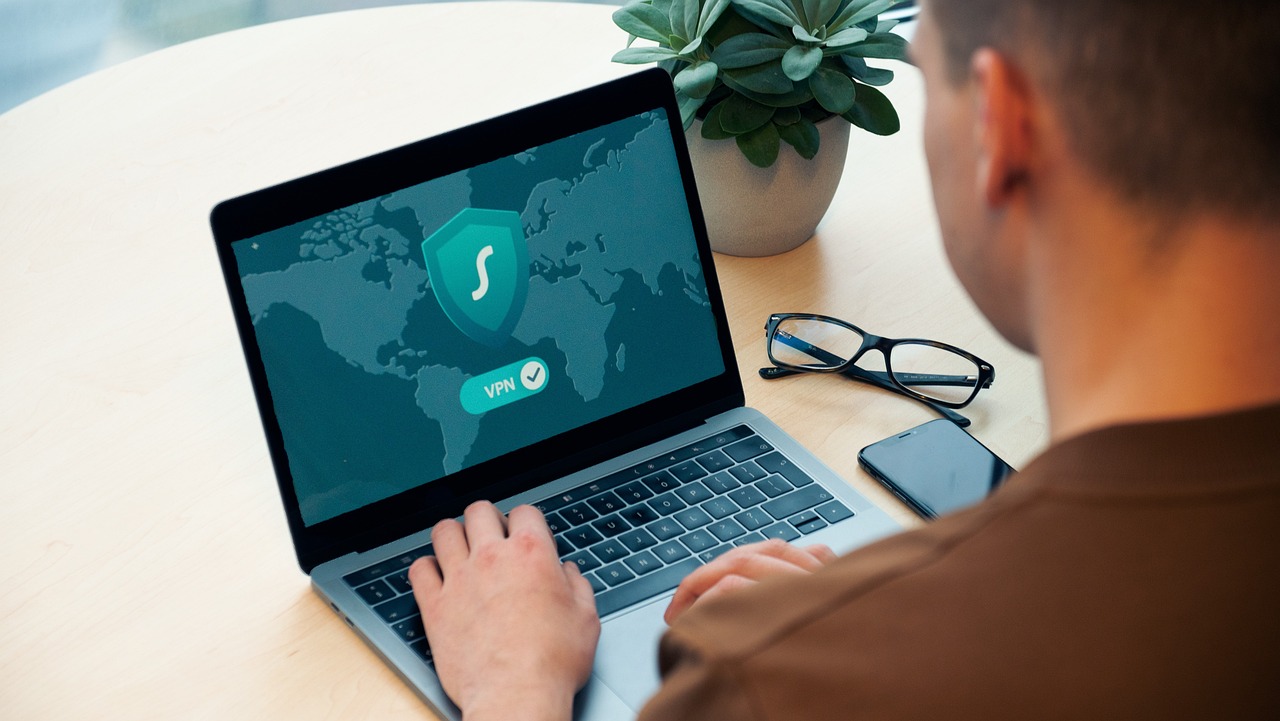
Top VPN Providers
When it comes to choosing a VPN, the options can feel overwhelming. With so many providers out there, how do you know which one is right for you? The best VPN providers stand out because they offer a combination of strong security features, fast connection speeds, and user-friendly interfaces. Let’s dive into some of the top contenders in the market that have earned their reputation through reliability and performance.
First on the list is ExpressVPN. Known for its lightning-fast speeds and robust security measures, ExpressVPN is a favorite among users who prioritize both privacy and performance. With servers in over 90 countries, it allows users to bypass geo-restrictions effortlessly. Plus, its user-friendly app makes it easy for even the most tech-challenged individuals to navigate.
Another strong contender is NordVPN. This provider is famous for its double encryption feature, which adds an extra layer of security to your online activities. NordVPN boasts a vast network of servers, ensuring that users can connect from almost anywhere in the world. Their commitment to privacy is reflected in their no-logs policy, which means your online activities remain completely anonymous.
Surfshark is also worth mentioning, especially for those on a budget. It offers an incredible range of features at a competitive price, including unlimited simultaneous connections. This means you can protect all your devices with just one subscription. Surfshark's CleanWeb feature blocks ads and trackers, enhancing your browsing experience while maintaining your privacy.
For those who prioritize privacy above all else, ProtonVPN is a fantastic choice. Developed by scientists and engineers from CERN, it focuses heavily on security and transparency. ProtonVPN offers a free tier, which, although limited, allows users to experience its secure environment without any financial commitment. Their strict no-logs policy and strong encryption protocols make it a top pick for privacy advocates.
Lastly, CyberGhost is known for its user-friendly interface and dedicated servers for streaming and torrenting. With a large number of servers worldwide, it provides excellent performance and speed. CyberGhost also offers a 45-day money-back guarantee, allowing users to test the service risk-free.
In conclusion, selecting the right VPN provider is crucial for ensuring a secure and seamless online experience. Each of these top VPNs offers unique features catering to different needs, whether you’re looking for speed, security, or budget-friendliness. Take the time to research and compare these providers based on your specific requirements to find the perfect fit.
- What is a VPN? A VPN, or Virtual Private Network, is a service that creates a secure connection over the internet, encrypting your data and masking your IP address.
- Do I really need a VPN? Yes, a VPN enhances your online privacy and security, especially when using public Wi-Fi networks.
- Can I use a free VPN? While free VPNs exist, they often come with limitations in speed, data usage, and security. It's generally recommended to choose a reputable paid VPN service.
- Will a VPN slow down my internet? Some VPNs may slow down your connection slightly due to encryption processes, but top providers often minimize this impact.
- Are VPNs legal? Yes, VPNs are legal in most countries, but it's essential to check local laws and regulations.
Frequently Asked Questions
- What is a VPN and how does it work?
A VPN, or Virtual Private Network, creates a secure tunnel between your device and the internet. It masks your IP address and encrypts your data, making it difficult for anyone to snoop on your online activities. Think of it as a secret passageway that keeps your information safe from prying eyes.
- Why should I use a VPN?
Using a VPN enhances your online security, especially when using public Wi-Fi networks. It protects your sensitive data from hackers, allows you to bypass geo-restrictions, and grants you access to content that may be unavailable in your region. It's like having a digital cloak of invisibility!
- Can a VPN protect me from hackers?
Absolutely! A VPN encrypts your internet connection, making it very challenging for hackers to steal your data. When you’re connected to public Wi-Fi at a cafe or airport, a VPN acts as a shield, safeguarding your personal information from potential threats.
- Are all VPNs the same?
No, not all VPNs are created equal. Different providers offer varying levels of security, speed, server locations, and privacy policies. It’s crucial to do your homework and choose one that best fits your needs to ensure optimal performance.
- How do I choose the right VPN?
When selecting a VPN, consider factors like speed, the number of server locations, privacy policies, and customer support. Look for reviews and comparisons to find a provider that aligns with your specific requirements, whether for streaming, security, or general browsing.
- Is using a VPN legal?
Yes, using a VPN is legal in most countries. However, some regions have restrictions on VPN usage, so it's essential to check local laws. Using a VPN for illegal activities, like accessing pirated content, is still against the law, regardless of your VPN status.
- Will a VPN slow down my internet connection?
While a VPN may slightly reduce your internet speed due to the encryption process, many premium VPNs are designed to minimize this impact. With the right provider, you can enjoy fast browsing speeds while maintaining your online privacy.
- Can I use a VPN on multiple devices?
Most VPN providers allow you to connect multiple devices simultaneously. This means you can protect your smartphone, tablet, laptop, and even smart TVs all at once. Check your provider's policy for the exact number of devices you can connect.



















